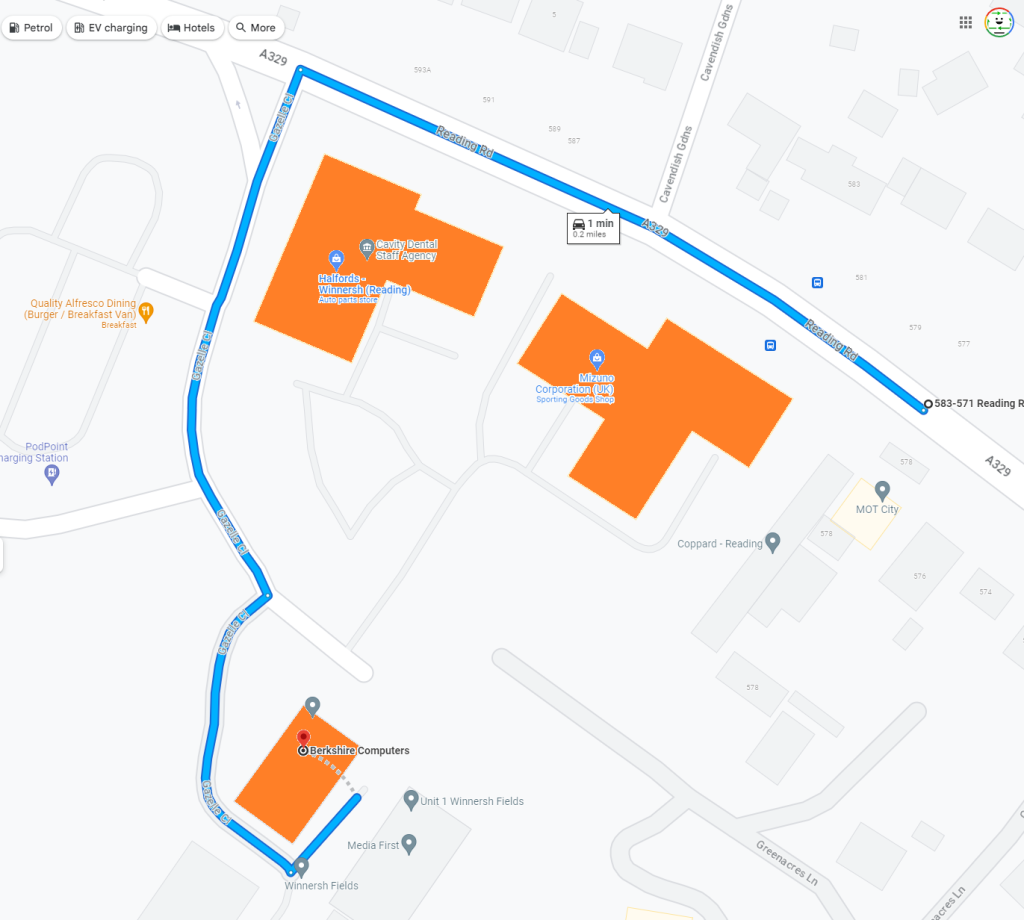Title: Is Your Neighbor Spying on You? How to Secure Your Network and Protect Your Privacy
In today’s digital age, the importance of cybersecurity cannot be overstated, especially when we find ourselves in situations that raise alarm bells about our personal privacy. One alarming scenario involves a user who suspects that a neighbor may have compromised their home network.
The initial concern stemmed from the realization that the wireless security on their router was set to WEP—a protocol widely recognized for its vulnerabilities. This user reported an unsettling experience, feeling as though they could overhear their neighbor reading the contents displayed on their computer screen. Adding to the frustration, attempts to access the router for troubleshooting purposes resulted in messages indicating that the connection “took too long.”
In efforts to investigate the situation, tools like HijackThis and Malwarebytes (specifically the anti-rootkit function) were employed, alongside Wireless Network Watcher, to diagnose any irregularities. Unfortunately, no anomalies were detected.
If you find yourself in a similar predicament, here are some steps you can take to enhance your network security and safeguard your privacy:
1. Upgrade Your Security Protocol
Switch from WEP to WPA2 or WPA3. These newer protocols provide significantly better encryption and are less vulnerable to unauthorized access.
2. Change Default Passwords
Ensure you’re using a strong, unique password for your router. Default usernames and passwords are frequently targeted by hackers.
3. Regularly Update Firmware
Router manufacturers periodically release firmware updates to address security vulnerabilities. Check your router’s settings for any available updates.
4. Monitor Network Activity
Utilize network monitoring tools to keep an eye on connected devices. This can help identify any unauthorized users on your network.
5. Consider Advanced Security Solutions
Invest in a more robust firewall or subscription-based security services that offer additional layers of protection against potential intrusions.
6. Disable WPS
While convenient, the Wi-Fi Protected Setup (WPS) feature can provide an easy access point for intruders. Disabling it can enhance your network security.
7. Seek Professional Help
If you suspect that your network has been compromised, consider consulting with a cybersecurity professional to conduct a more thorough assessment.
Maintaining your online privacy is crucial, especially in a world where our personal information is increasingly at risk. By taking proactive measures, you can significantly reduce the chances of falling victim to unauthorized access. Stay vigilant and empower yourself with knowledge to
Share this content:



